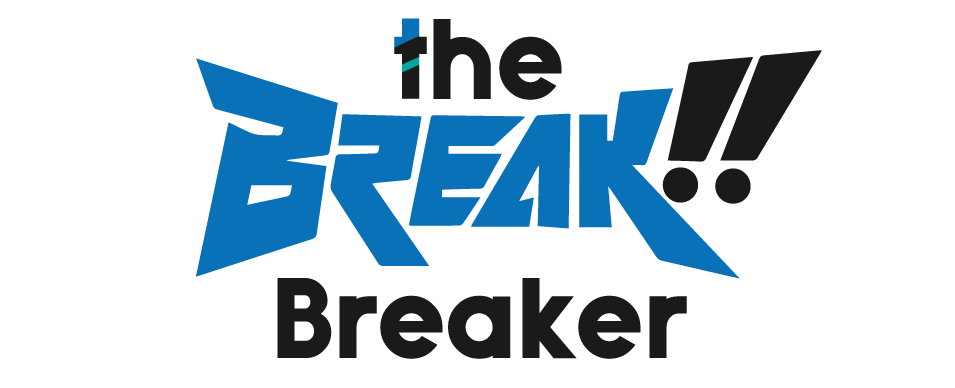
Why is Internet Service in the US Overpriced?
Whatever part of the world you call home, having access to a reliable Internet connection is critical for completing common tasks. The cloud’s many benefits include the ability to watch TV online, get information quickly, work from anywhere, sign up for classes without leaving home, stay in touch with friends and family through social media, and shop for high-quality goods and services without leaving the house.
But the benefits of this cutting-edge technology come at a high price, especially if you wind up living in the United States. Many services, including Cox Internet, err on the side of reasonableness. This is not a situation that any other market service providers face. While nine out of 10 Americans now have access to affordable broadband internet, rising prices have made it difficult for the average consumer to take advantage of these benefits. To get to the meat of the matter, why is U.S. web access so overpriced? Let’s dig down and see if we can find some answers. Read More
A Peek at the Numbers
A number of groups have compared the average price of web access in the United States to that in other countries. They’ve proven that the baseline American broadband cost is higher than what’s possible in other countries.
Furthermore, if you are courageous enough to pursue faster download speeds, you will ultimately have to spend many times as much as people in France and the United Kingdom, and many times as much as those in South Korea. For a rough estimate of how much your monthly internet bill is, consider the following breakdown, courtesy of the BBC. Read More
Rates of download and typical monthly expenditures by city.
Big Apple
Low to medium
$70
Lower to Mid-Level San Francisco
$99
202 is the area code.
Low to medium
£68 ($102) Lower to Middle London ($38).
Paris $35 Low to Mid-Seoul From Cheap to Mid-Range $15
Furthermore, out of 33 countries, the United States ranks last when it comes to providing individuals with download speeds of at least 45 Mbps. Some American providers may advertise or adjust the price of individual network access in bulk, but the reality is that most people still have to shell out at least $200 a month to cover their internet, television, and telephone needs. People who live in places with low broadband access and have to deal with greedy ISPs’ oppressive business models have it the worst.
Why Is Internet Service So Expensive in the United States?
Many factors contribute to the astronomically high cost of accessing the web in the United States. Our verdicts are up next:
Low Market Share Holdings by Individual ISPs
Competition between the two economies is fierce. Buyers came out on top in this transaction. Since there is a lot of competition in the market, internet service providers are always looking for new ways to attract customers. It also does away with the need for helpless performers. In the United States, however, there are not enough Internet service providers (ISPs).
One study found that half of all Americans have only two Internet service provider (ISP) options in their immediate area. They have one real option if they require access to prime interest rates.
Growing demand for faster bandwidth coupled with low fixation and market competition restricts the grace and leads to web access providers doing whatever they see fit to give subpar web access at a massive price.
Web-Based Advocacy
There is a preexisting framework for restricting ISPs, which we have already covered. Permit me to delve deeper into this topic. In the United States, business interests pay for innovative network access providers to keep the market structure in good place.
As a result, it is extremely difficult for new ISPs to enter the market, and the vast majority of them fail on their first attempt. If there aren’t any other ISPs in a market, the ones that are already there can keep charging their customers outrageous prices and giving them poor service.
Significant upfront costs
The geological make-up of the USA is highly asymmetrical. The millions of dollars that are needed up front to lay new lines, get a development grant, and ship cutting-edge networking equipment discourage investors and stop network access providers from expanding broadband access, siphoning, and lowering internet costs for individuals.
Finally Despite the fact that there are many people who would like to have it, the lack of ISP competition, high initial costs of creation, and web advertising keep the price of internet connection too high for average consumers. However, it is also obvious that barriers against cheaper broadband prices are being lifted at the same moment, so there may be some hope for us after all.




